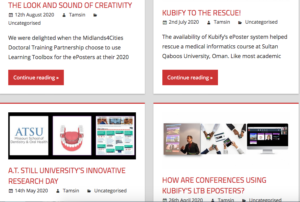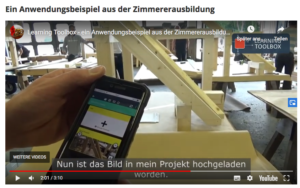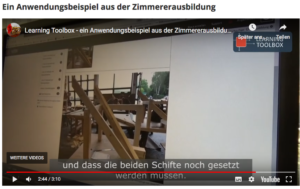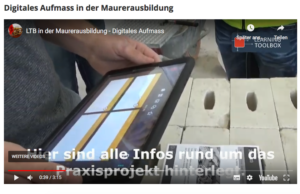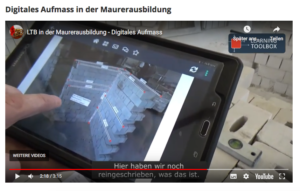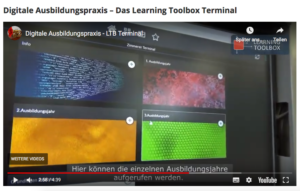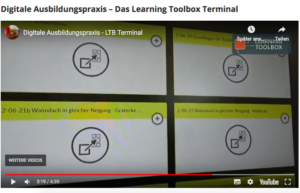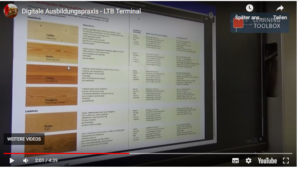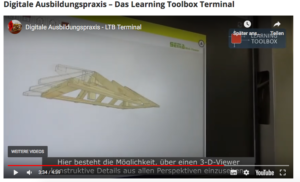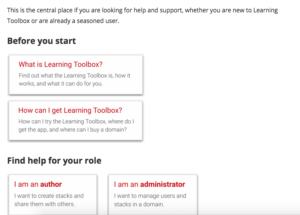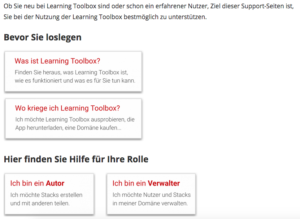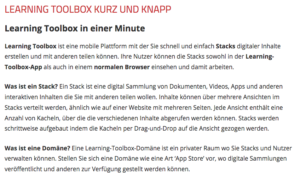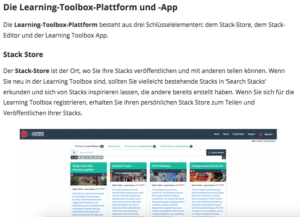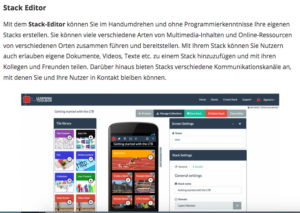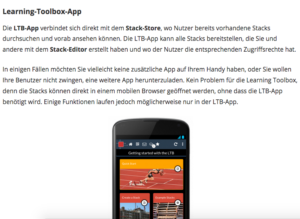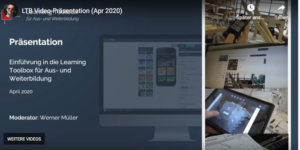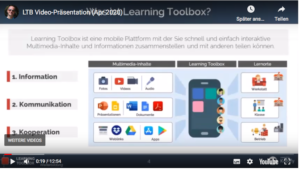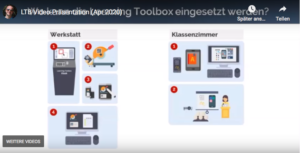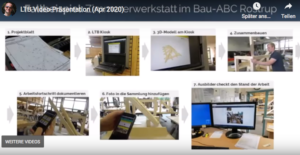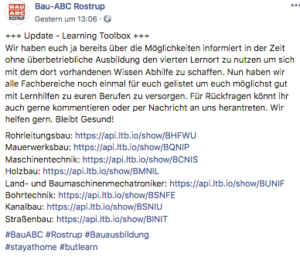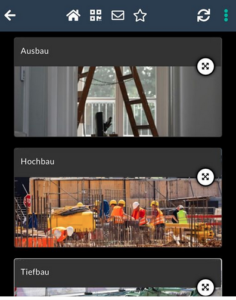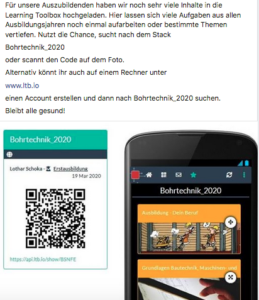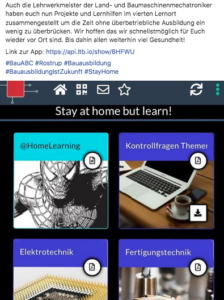Great progress with LTB-powered ePosters as support for conferences and learning
Earlier this year I have blogged about problems that the Corona-crisis had caused for conferences. In that context I drew attention to the potential of ePosters – powered by Learning Toolbox (LTB) as support for transforming conferences into online events. At that time I was informed by the developers of the LTB of the requests that they had received and on their efforts to create appropriate solutions for different conferences.
(As regular readers of this blog already know, the Learning Toolbox was created in our EU-funded project Learning Layers to support workplace-based learning in construction sector. In that context our job as accompanying researchers was to document and support the practitioners’ and technical partners’ work during the co-design process. After the project some of the partners continued the further development of the LTB and introduced the concept of ePosters to support conferences. With this blog I have tried to keep myself and my readers updated on the success of this spin-off innovation from our project.)
Recently, via the Twitter account of the LTB-developers – Kubify – LTB for ePosters – I have become aware of the progress they have made and how it has been appreciated by their counterparts. Below I want to give insights into their work and into their achievements. At best I can do this with quotes and screenshots from the blog of our colleague Tamsin Treasure-Jones and by sharing links to the complete blog articles.
What all is going on with using LTB for ePosters in conferences?
Let us firstly have a look at the multitude of activities and achievements that Tamsin presents on the opening page of her blog. The screenshot below gives an idea, what has been going on and how the LTB-developers’ company Kubify has supported different users with their challenges and initiatives. Then, below, two special cases are highlighted.
Kubify to the rescue! (The Oman case)
A special case to be highlighted was the introduction of Kubify’s ePoster system to rescue a medical informatics course at Sultan Qaboos University (SQU), Oman. The organisers of the course were hit by the sudden departure of the students due to COVID-19. SQU, however, could not afford to let medical courses lapse, so medical students began online learning. Here, as Tamsin tells us in her blog post, the ePoster system powered by LTB met the quality requirements to keep the course running and enable the assessment of the students’ contributions.
The look and sound of creativity (The Midlands4Cities case)
The other special case took place, when the Midlands4Cities Doctoral Training Partnership chose to use Learning Toolbox for the ePosters at their 2020 Research Festival. As Tamsin tells us in her blog post, their ePoster showcase is an excellent example of the rich content and interactions that can be supported by the platform.
– – –
I guess that this is enough of the newest developments in using the LTB-powered ePosters to support online learning and (online) conferences. As I see it, such exemplary cases are important for the ongoing TACCLE 4 CPD project and its multiplier activities. I am eager to learn more from my colleagues at the company Kubify who have been involved in these activities.
More blogs to come …
